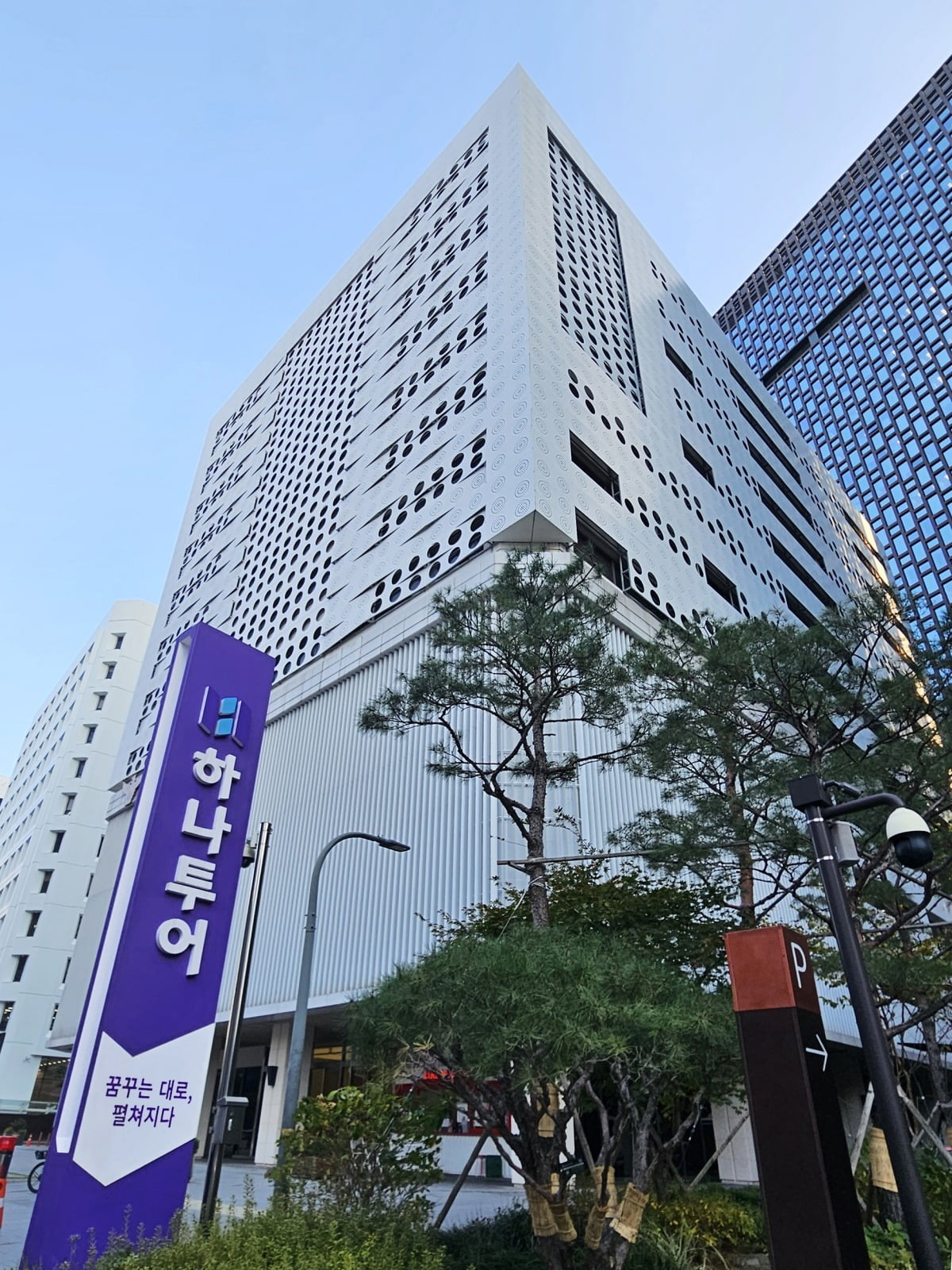 |
Hanatour headquarters in Seoul (Yonhap) |
Korea's leading travel agency Hanatour has been listed in the merger market with its ownership stake up for sale.
Reports from the industry on Tuesday indicate that IMM Private Equity, Hanatour's largest shareholder, has recently commenced the selection process for a new stakeholder, which is anticipated to amount to up to 27.78 percent of the shares.
Market sources predict that the sale price may reach around 300 billion won ($224 million), considering the management premium and market capitalization.
Currently, IMM PE holds a 16.68 percent stake, with Hanatour Chairman Park Sang-hwan owning 6.53 percent and Senior Vice Chairman Kwon Hee-seok holding 4.48 percent.
The industry is closely observing Hanatour's trajectory as various domestic and global online travel agencies are viewed as potential buyers seeking to enhance their competitive edge in packaged travel -- a sector where traditional agencies possess robust databases.
"There are views that combining online and traditional travel agencies will yield synergy, but this isn't always the case," an official from a major travel agency in Seoul said on the condition of anonymity.
The official mentioned the case of Yanolja's acquisition of Interpark Triple, which exemplifies how maintaining separate territories and platforms is crucial after the acquisition process. "Mixing packaged and individual travel options on one platform can blur the target. Regardless of which firm Hanatour merges with, it would be advantageous to adopt a strategy of delivering distinct messages for each unique travel platform."
Meanwhile, concerns have been raised about the firm's competitiveness and pricing, stemming from numerous changes and downturns through the pandemic-driven years.
In December 2019, IMM PE acquired Hanatour's stake at some 134.7 billion won, and became the largest stakeholder of Hanatour.
A month after, the pandemic hit, and Hanatour underwent significant organizational restructuring, including divestment from underperforming ventures such as the SM duty-free business in 2020 and its hotel operation subsidiary, Mark Hotel, in 2022. Additionally, reductions were made in overseas subsidiaries and the workforce. The number of employees decreased by half, from 2,500 at the end of 2019 to 1,270 by the end of last year.
As its survival strategy, Hanatour embarked on a rigorous digital transformation aimed at younger-generation travelers. In 2022, it also introduced a premium travel package named HanaPack 2.0, which made up 60 percent of total sales in 2023.
In terms of Hana Tour's first-quarter performance this year, there was a notable 105 percent surge in package-travel passengers compared to the same period last year, totaling 580,000. The figure signifies a 60 percent recovery compared to 2019.
Consequently, Hanatour declared a dividend of 5,000 won per share, resulting in IMM PE collecting 13.4 billion won in dividends. The firm allocated a total of 77.4 billion won for special dividends, even exceeding last year's net profit of 60.7 billion won.
"The travel industry has rebounded from the cessation of overseas travel since January last year, following the pandemic hiatus, which had caught IMM PE off guard when acquiring Hanatour's stake. The turnaround in 2023 presents an opportunity for Hanatour to attract further investment and advance its growth trajectory," a Seoul-based investment banking analyst, said.
Another potential scenario involves acquisition by another private equity fund, a trend increasingly observed in the travel agency sector.
An example is the British private equity firm CVC Capital Partners holding some 80.49 percent share of hotel booking app operator GC Company, better known by its Korean title, Yeogi Eottae.
Hanatour disclosed that it is presently exploring various strategic measures alongside the share sale, noting the travel market's recovery and the company's improved performance. However, no concrete details have been established at this point, since specific plans will be shaped through "consultations between IMM and existing shareholders," according to the firm.







